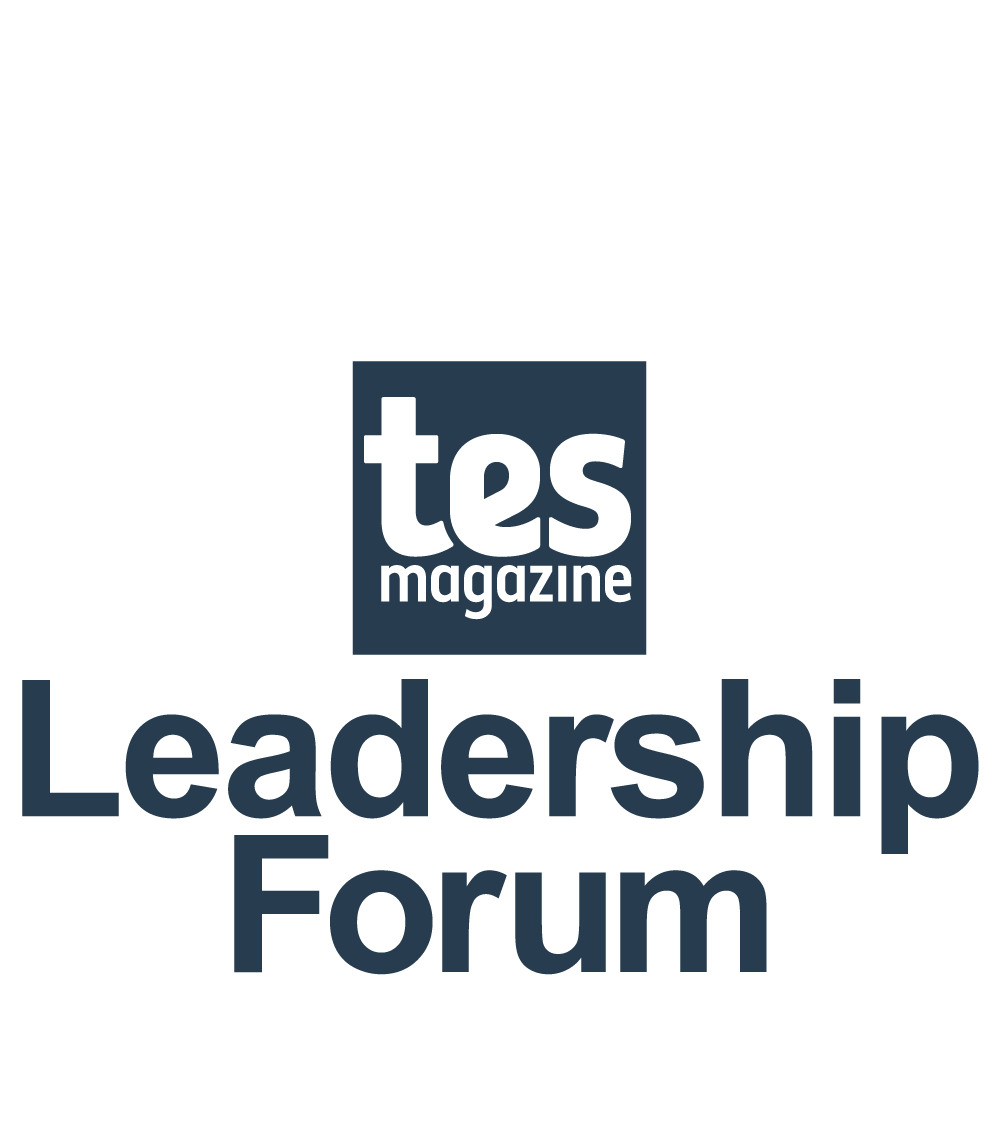If there’s one thing that all trustees should hold front and centre in their work, it is integrity.
The Academy Trust Governance Code lists integrity as one of its key principles, highlighting that this may mean making decisions that are “difficult or unpopular” but necessary in order to fulfil the charitable objects of the trust.
But what does this actually look like in practice? We spoke to experts from the Confederation of School Trusts and The Mead Educational Trust to see how they approach this most vital of responsibilities.
The expert view
Tony Glover, chair of trustees of The Mead Educational Trust, explains that they “look for integrity in various ways, all of which are connected” when appointing trustees.
“First of all, we look for personal integrity, so we hope to establish that this is a person who can be trusted,” he explains. “Secondly, there needs to be integrity to fit within the organisation, so we outline our values, our principles and our overall vision, and we need somebody who can fit in with those. And then we also ensure this is someone whose working practices will fit with the principle of integrity throughout the organisation”.
Glover also highlights the importance of bringing challenge to the board of trustees, as this is a key element of the integrity required for the role.
“We need people who can challenge in the right way, with the right parameters and with the right level of understanding,” he says. “At board meetings, we don’t have any shrinking violets. Everybody will have their say, and we do challenge one another.”
But the ultimate concern around board integrity is ensuring that it is bringing “accountability for what we’re doing to those young people, educationally”.
“Everything has to look towards what is right for those young people and our communities, and making sure that we are doing the very best for them,” he says. “We mustn’t lose sight of that core purpose.”
He adds: “So, for example, when we’re challenging finances, OK, we want the budget to be balanced, but what we want to know more is how that budget is serving those young people. How will it give them security in terms of their education, their learning, their wellbeing, and how will it help them in becoming responsible adults?”
Samira Sadeghi, director of trust governance at the Confederation of School Trusts, highlights the usefulness of having terms of appointment when it comes to ensuring integrity among trustees.
“A lot of trusts have terms of appointment, and within that, they will build in expectations around confidentiality, code of conduct, time commitment and so on,” she says. “It’s a great practice because it’s right there in a document that they have to sign, then everyone’s clear and agrees.”
She also draws attention to the importance of addressing power imbalances on the board, as detailed in the Academy Trust Governance Code, which says that “directors [should] regularly check whether there are inappropriate power imbalances within the board and in the academy trust more generally”.
Glover says this is ensured through “checks and balances” throughout the process, including around the make-up of the board in terms of trustees’ interests and expertise, and “consistency in terms of looking at our core purpose and subscribing to our overall values and our overall mission”.
The view from the ground
Cathy Brown, director of governance at The Mead Educational Trust, says there are many practical safeguards in place around integrity, including DBS and Section 128 checks (which ascertain if individuals have been prohibited from managing or governing schools), as well as “an induction which includes their roles and responsibilities under company law, charity law and school governance, and when working with children”.
“We also do social media checks now for new governance volunteers as well as for new staff,” she continues.
This means that “any sort of hate speech, extremism or things like that”, as well “anything that could bring us into disrepute, or that makes us doubt that they have children at the heart of what they want to do in governance”, would be flagged as an issue around integrity.
New trustees are also asked to sign up to a code of conduct, she explains, which makes reference to the Nolan Principles, but also “sets out our expectations, which includes things like confidentiality, respect for colleagues and preparation for meetings, so integrity comes into that”.
Sarah Ridley, chief executive officer of The Mead Educational Trust, also highlights the importance of exploring possible conflicts of interest around the trust’s values.
“If your trust has a value around becoming net zero, for example, and somebody applies to be a trustee who works for a corporation that’s dealing in fossil fuels, that would be a conflict,” she explains.
“That’s something we’d approach with careful consideration. Potential conflicts can vary greatly, making it hard to define every scenario, but ultimately the key question is about alignment: how well do their values, mission, and vision resonate with ours, and how well do ours resonate with theirs?”
Ridley also highlights the importance of diversity in ensuring integrity and avoiding the dreaded groupthink.
“We’ve strategically decided that in the makeup of our board, we need people from a range of backgrounds, so we consider diversity, experience, age, gender, you name it,” she continues.
“We don’t want a room of people that are just going to nod and agree. We’ve actively sought trustees who are strong-minded enough to be able to challenge and participate. And in our board meetings, there’s certainly plenty of challenge and discussion, and that’s absolutely what we want.”
For key school and trust leadership insights delivered every month, sign up for the Tes Leaders’ Briefing newsletter







